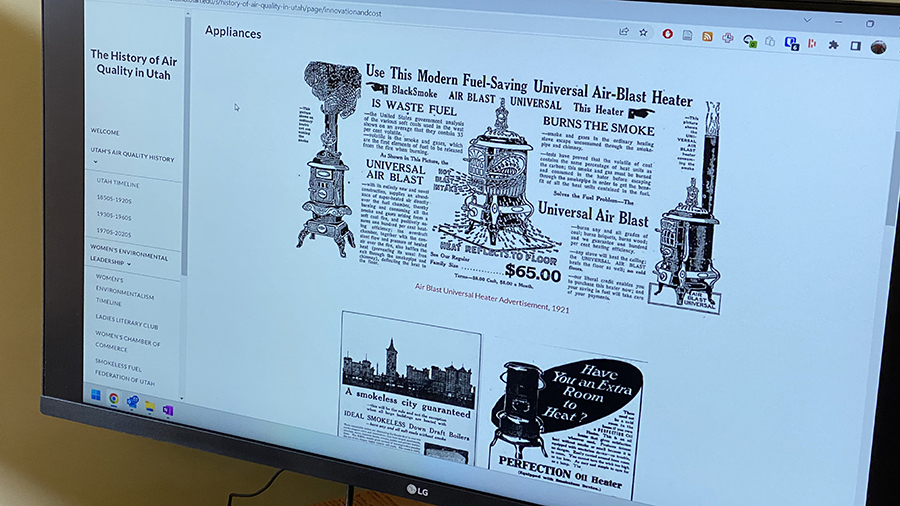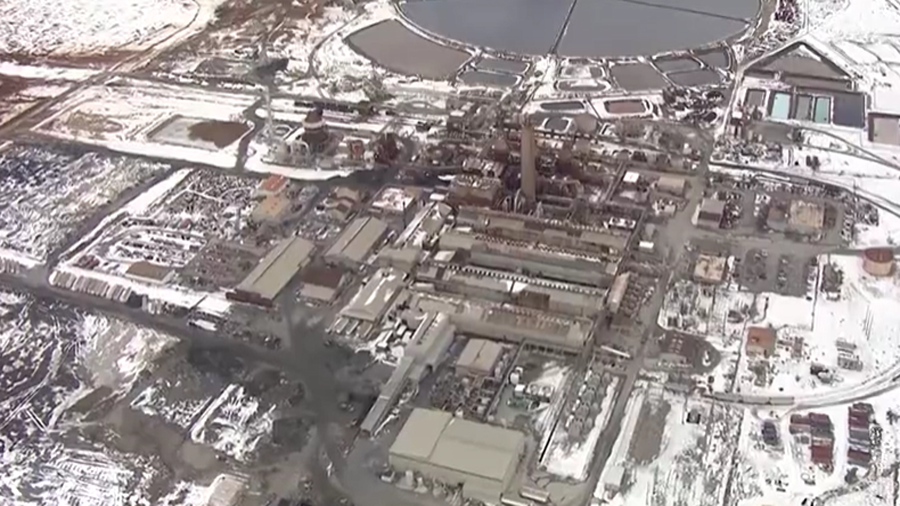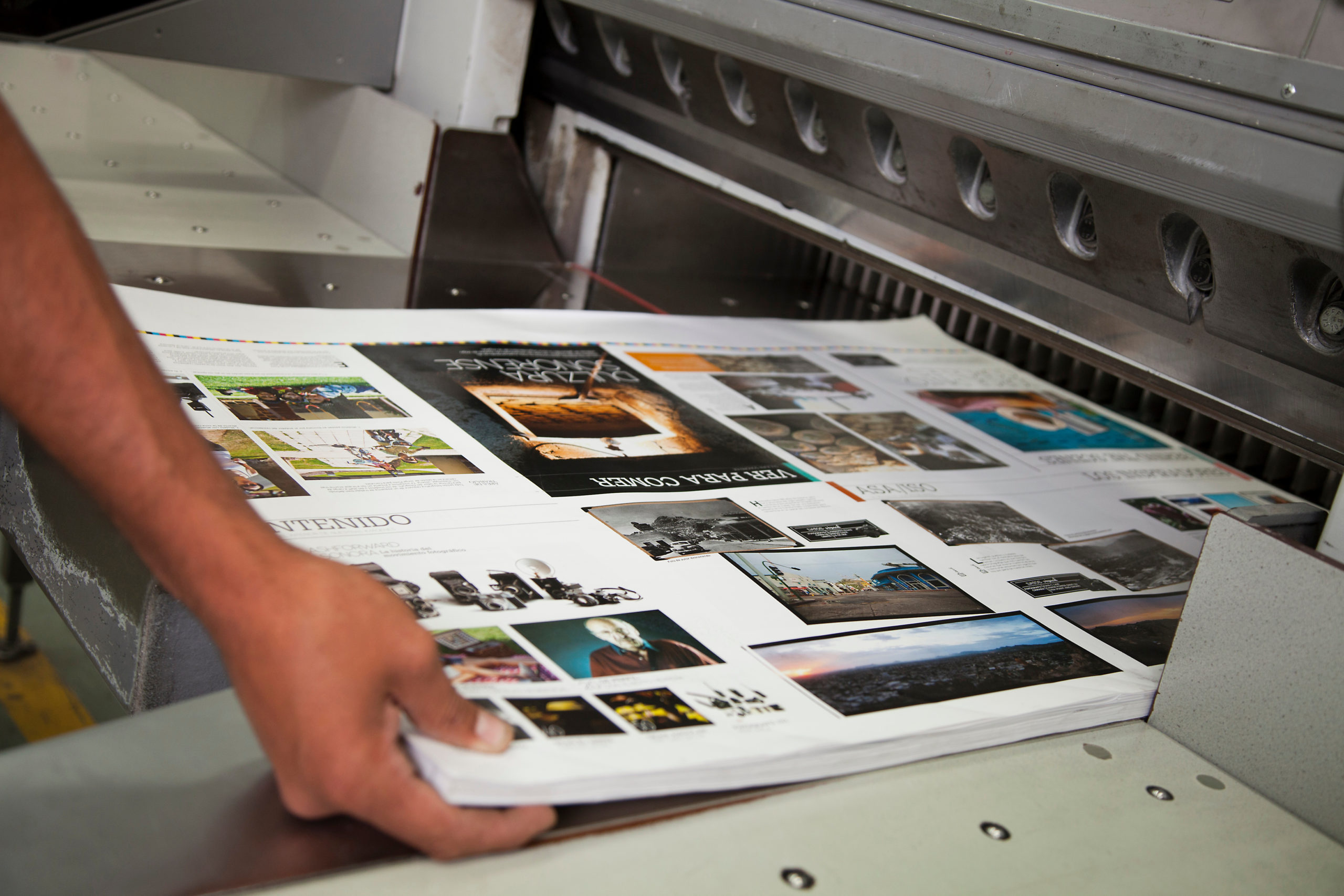UTAH'S AIR QUALITY
Utah Scientists Receive Grant To Test Real-Time Air Pollution Warning System
Sep 1, 2020, 4:32 PM | Updated: 10:30 pm
SALT LAKE CITY, Utah – A team of Utah scientists has received a grant to design and test a real-time air pollution warning system for schools and other places where cars idle. They hope it will encourage people to shut off their cars when they can.
The researchers plan to build an air pollution display system similar to the speed limit displays we see in our neighborhoods.
“For the last five to 10 years I’ve really been interested in our air quality challenges,” said Kerry Kelly, a chemical engineering assistant professor at the University of Utah.
She is working to find new ways to share pollution data with everyone who needs it. Right now, she’s focused on congregations of cars pumping out pollution at places like schools, hospitals and airports.
“These are all places where you have a number of idling vehicles,” said Kelly. “This is particularly important for children. They are a lot shorter. So, they are much closer to the elevation of a tailpipe.”
Studies show real-time speed limit displays are effective at urging drivers to slow down. Kelly wondered whether something like that could help limit air pollution.
She came up with the idea while talking with Utah State University psychology professor Gregory Madden, who studies behavioral change.
He tipped Kelly off on the effectiveness of the speed limit signs.
“We thought about how we might do that with air quality,” said Kelly.
Her team plans to integrate air quality measurements and thermal camera imaging with dynamic messaging to encourage good behavior when it comes to idling. In other words, they want to put real-time air quality numbers on an LED sign to encourage us to shut off our cars when we really should.
“We would have sensors located around where the vehicles are parked, and where people are out and breathing,” she said.
The system will integrate critical weather data with the pollution data to display. At some point, Kelly said, they will ask the public for suggestions about the messages.
“I think it’s a really good project for us and our community because as we work towards further improving our air quality, a lot of what’s going to happen is going to be choices that we make as individuals and together as a community,” said Kelly.
The project is funded by a $1.2 million grant from the National Science Foundation. They expect to begin testing the system in Utah schools and hospitals next year.












